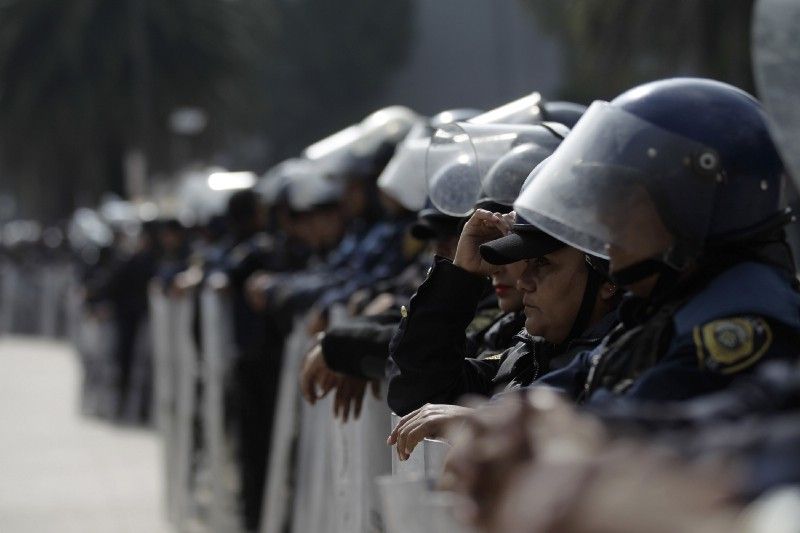Compare the original “BRICs” countries — Brazil, Russia, India, and China. Three of them are situated in regions where rivalries among neighbors can provoke armed conflict, and where governments spend big on their militaries. Aren’t Brazilians lucky that war in 21st century South America seems so unlikely, and that the risk of terrorism is much lower within or near their borders than in the Middle East, Asia, or Europe? Countries across the wider region of South and Central America and the Caribbean have many problems, but their armies matter more for domestic politics than for foreign policy.
Now look again at the idea of “security.” For ordinary people, crime is much more dangerous than hypothetical threats of war. Mexico’s Citizens’ Council for Public Security recently released its annual rankings of cities with the world’s highest murder rates. The top 12 cities are all in Brazil, Mexico, and Venezuela. In fact, 42 of the top 50 cities are in Latin America and the Caribbean, including 17 cities in Brazil alone. If you count San Juan, Puerto Rico as an American city, which it is, rather than as a Caribbean city, five of the remaining eight are in the US, and three are in South Africa.With or without the risk of war, this form of national insecurity also comes with political, economic, and social costs.
